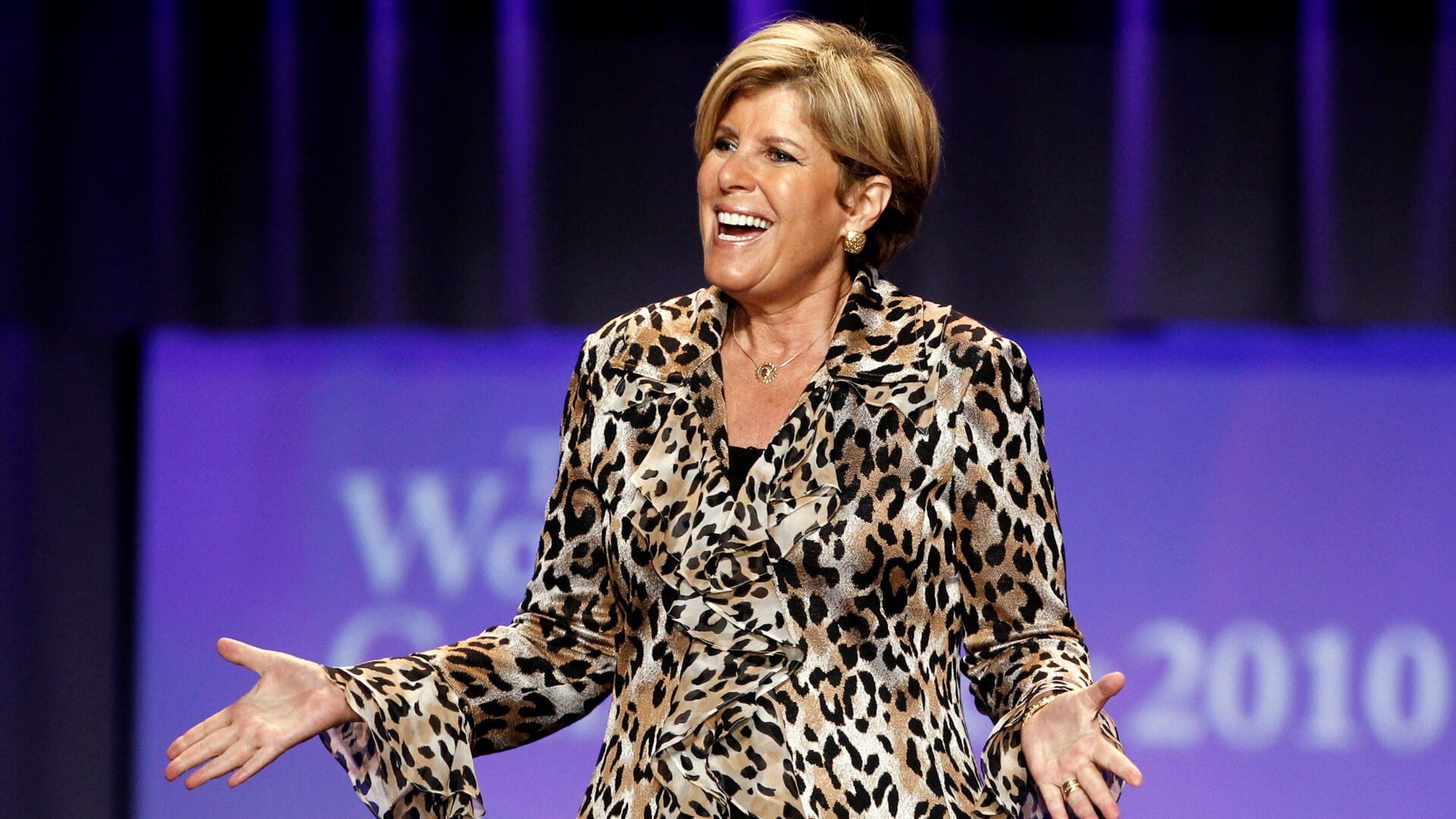
Suze Orman’s Retirement Cash Rule
Navigating the complexities of retirement planning can feel overwhelming. One of the biggest challenges is determining just how much money you’ll actually need to maintain your desired lifestyle, cover essential expenses, and account for unexpected costs. Factors like healthcare, housing, and everyday living expenses all play a crucial role in this calculation, and that’s before even considering discretionary spending on travel, hobbies, or other personal pursuits. Everyone’s retirement needs are unique, making a one-size-fits-all answer impossible.
To help retirees navigate these financial uncertainties, renowned financial expert Suze Orman offers valuable guidance on how to approach retirement savings. Her advice, shared in a recent podcast, emphasizes the importance of having readily accessible cash reserves to weather potential market fluctuations.
Beyond Traditional Retirement Accounts: A Diversified Approach
Many individuals approaching retirement tend to focus primarily on the balances within their 401(k)s, Roth IRAs, or other similar retirement accounts. While these accounts are undoubtedly important, Orman cautions against relying solely on them as your primary source of income during retirement. The stock market’s inherent volatility means that these accounts are susceptible to sudden and significant downturns, potentially jeopardizing your retirement income.
Orman points out that market behavior isn’t always predictable. Stocks and bonds don’t always move in opposite directions. Sometimes, unforeseen economic circumstances can cause both to decline simultaneously, leaving retirees vulnerable.
The Power of a Cash Reserve: A Safety Net for Retirement
To mitigate the risks associated with market volatility, Orman strongly recommends maintaining a substantial cash reserve. This reserve should be sufficient to cover three to five years’ worth of living expenses, providing a financial cushion that isn’t tied to the performance of the stock market.
This cash reserve can be held in various types of accounts, such as a traditional checking account, a high-yield savings account, or even a money market account within a retirement plan. The key is that the funds should be easily accessible and not subject to market fluctuations. This ensures that even if the market experiences a significant crash, you’ll still have a readily available source of funds to cover your essential living expenses.
The rationale behind this recommendation is that market downturns can take several years to recover fully. By having a three-to-five-year cash reserve, you can avoid being forced to sell investments at a loss during a market slump, allowing your portfolio time to recover its value.
Orman suggests erring on the side of caution. While a three-year reserve provides a basic level of protection, a five-year reserve offers greater peace of mind and financial security. If you’re unsure, consider splitting the difference and aiming for a four-year reserve.
Building Your Cash Reserve as Retirement Approaches
For those nearing retirement age who are actively working to build their cash reserve, Orman offers practical advice on how to strategically allocate funds. She suggests reviewing your investment portfolio and identifying any underperforming stocks or assets that you believe are unlikely to perform well in the future.
Given that market conditions are currently strong, she advises that now is an opportune time to consider selling off these underperforming assets and redirecting the proceeds into your cash reserve.
Additionally, Orman suggests considering taking small, strategic withdrawals from your highest-performing investments to further bolster your cash reserve. This approach allows you to capitalize on gains while still maintaining a diversified portfolio.
Key Takeaways for Retirement Planning
- Diversify beyond traditional retirement accounts: Don’t rely solely on 401(k)s or IRAs.
- Establish a cash reserve: Aim for three to five years’ worth of living expenses in readily accessible, non-market-dependent accounts.
- Strategically build your reserve: Consider selling underperforming assets and taking small withdrawals from top-performing investments.
- Prioritize financial security: A robust cash reserve provides peace of mind and protects against market volatility.
By following these guidelines, retirees can navigate the financial complexities of retirement with greater confidence and security, ensuring a more comfortable and fulfilling golden years.